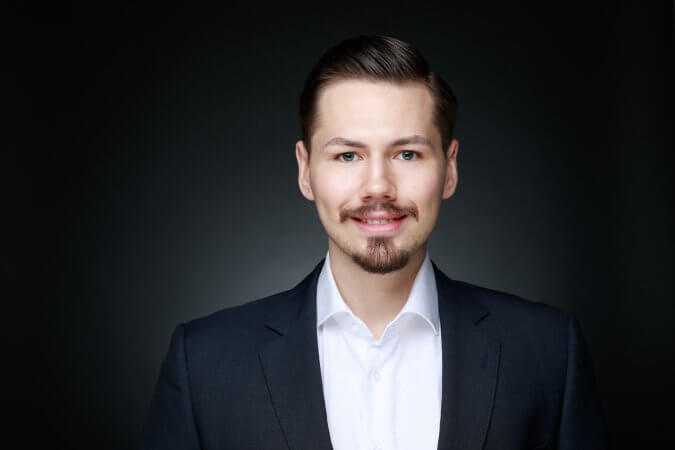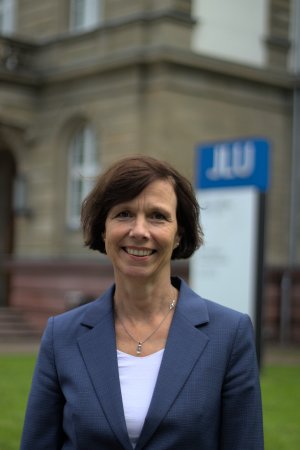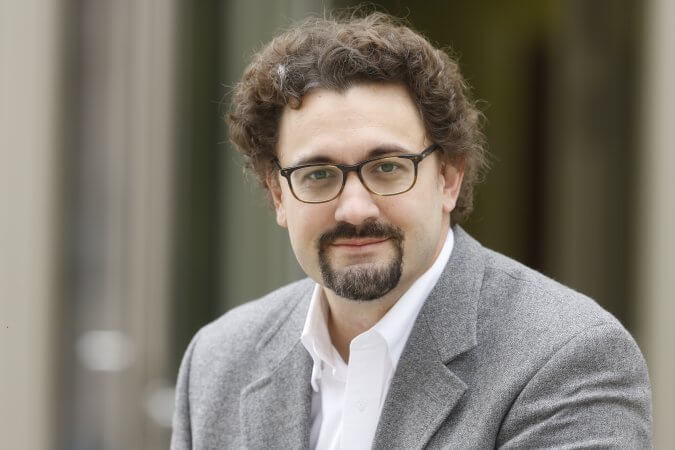(Criminal) Law and Time in the Climate Crisis
20.02.2024, 20:00
Welcome by
Prof. Franziska Nori, Director Frankfurter Kunstverein
Prof. Dr. Rainer Forst, Director Research Center Normative Orders, Goethe University Frankfurt
Finn-Lauritz Schmidt, Jurist, Research Center Normative Orders, Goethe University Frankfurt
Lecture by
Prof. Dr. Klaus Günther, Jurist, Research Center Normative Orders, Goethe University Frankfurt
Followed by a panel discussion with
Prof. Dr. Gabriele Britz, Former judge of the Federal Constitutional Court, Jurist, Justus Liebig University Giessen
Prof. Dr. Christoph Burchard, Jurist, Research Center Normative Orders, Goethe University Frankfurt
Prof. Dr. Klaus Günther, Jurist, Research Center Normative Orders, Goethe University Frankfurt
Moderated by
Rebecca Caroline Schmidt, Managing Director Research Center Normative Orders, Goethe University Frankfurt
The admission fee is €5. The event is free for members of Frankfurter Kunstverein. No registration is necessary.
Please note that the event will take place in German.
The event is organized in collaboration with the Research Center Normative Orders at Goethe University Frankfurt and is part of the accompanying program for the exhibition Bending the Curve – Knowing, Acting, Caring for Biodiversity.
Prof. Dr. Christoph Burchard is a professor of Criminal Law and Criminal Procedure Law, International and European Criminal Law, Comparative Law, and Legal Theory at Goethe University Frankfurt. In 2007, he obtained his doctorate from the University of Passau with the dissertation titled ‘Irren ist menschlich’ – Vorsatz und Tatbestandsirrtum im Lichte der Verantwortungsethik und der Emanzipation des angegriffenen Mitmenschen (‘To err is human’ – Intent and Mistake of Fact in Light of Ethics of Responsibility and the Emancipation of the Attacked Fellow Human). In 2015, he habilitated at LMU Munich with the habilitation thesis titled Die Konstitutionalisierung der gegenseitigen Anerkennung. Die justizielle Zusammenarbeit in Strafsachen in Europa im Lichte des Unionsverfassungsrechts (The Constitutionalization of Mutual Recognition. Judicial Cooperation in Criminal Matters in Europe in Light of Union Constitutional Law). Since 2015, he has held a professorship in Criminal Law and Criminal Procedure Law at the Faculty of Law at Goethe University Frankfurt and is a member of the Research Center Normative Orders. He researches the transformations of criminal law and criminal justice in changing societies in the course of their internationalization, Europeanization, and digitization, as well as in the context of ‘glocal’ poly-crises. He has been a visiting professor at various universities in Europe (including Luiss University Rome, University of Bologna) and in South America (Adolfo Ibáñez University, Santiago de Chile). Additionally, he is the founding speaker of the newly established Center for Critical Computational Studies (C3S) in 2023.
Prof. Dr. Rainer Forst is Professor of Political Theory and Philosophy and Director of the “Normative Orders” Research Centre at Goethe University Frankfurt. His research interests include questions of justice, democracy and tolerance as well as the further development of critical theory and Kant’s philosophy. In 2012, the German Research Foundation honoured him with the Leibniz Prize as the most important political philosopher of his generation. He is a member of the Berlin-Brandenburg Academy of Sciences and Humanities and the British Academy. Most important publications (all published by Suhrkamp and translated into many languages): Kontexte der Gerechtigkeit (1994), Toleranz im Konflikt (2003), Das Recht auf Rechtfertigung (2007), Kritik der Rechtfertigungsverhältnisse (2011), Normativität und Macht (2015), Die noumenale Republik (2021).
Dipl.-Jur. Finn-Lauritz Schmidt ist Doktorand der Forschungsinitiative „ConTrust – Vertrauen im Konflikt“ am Forschungszentrum Normative Ordnungen und am Institut für Kriminalwissenschaften und Rechtsphilosophie der Goethe-Universität Frankfurt am Main. Er ist Wissenschaftlicher Mitarbeiter an der Professur für Straf- und Strafprozessrecht, Internationales und Europäisches Strafrecht, Rechtsvergleichung und Rechtstheorie bei Prof. Dr. Christoph Burchard, LL.M. (NYU). Er studierte als Stipendiat der Konrad-Adenauer-Stiftung Rechtswissenschaft in Frankfurt am Main und forscht zu strafrechtlichen Implikationen des anthropogenen Klimawandels.
Rebecca Caroline Schmidt has been the Managing Director of the research center Normative Orders at Goethe University Frankfurt since November 2012. She studied law with a focus on criminal science, criminal procedure, and penal law at Goethe University. During her legal clerkship, she worked as a research assistant at the chair of Prof. Dr. Klaus Günther and the Research Center for Criminal Law Theory and Criminal Law Ethics (Prof. Dr. Dr. h.c. Andreas von Hirsch). Additionally, she gained experience in banking supervisory law at the international law firm Freshfields Bruckhaus Deringer in Frankfurt am Main from 2007 to 2012. In 2020, Rebecca Caroline Schmidt was appointed Administrative Managing Director of the nationwide Research Institute for Social Cohesion.








